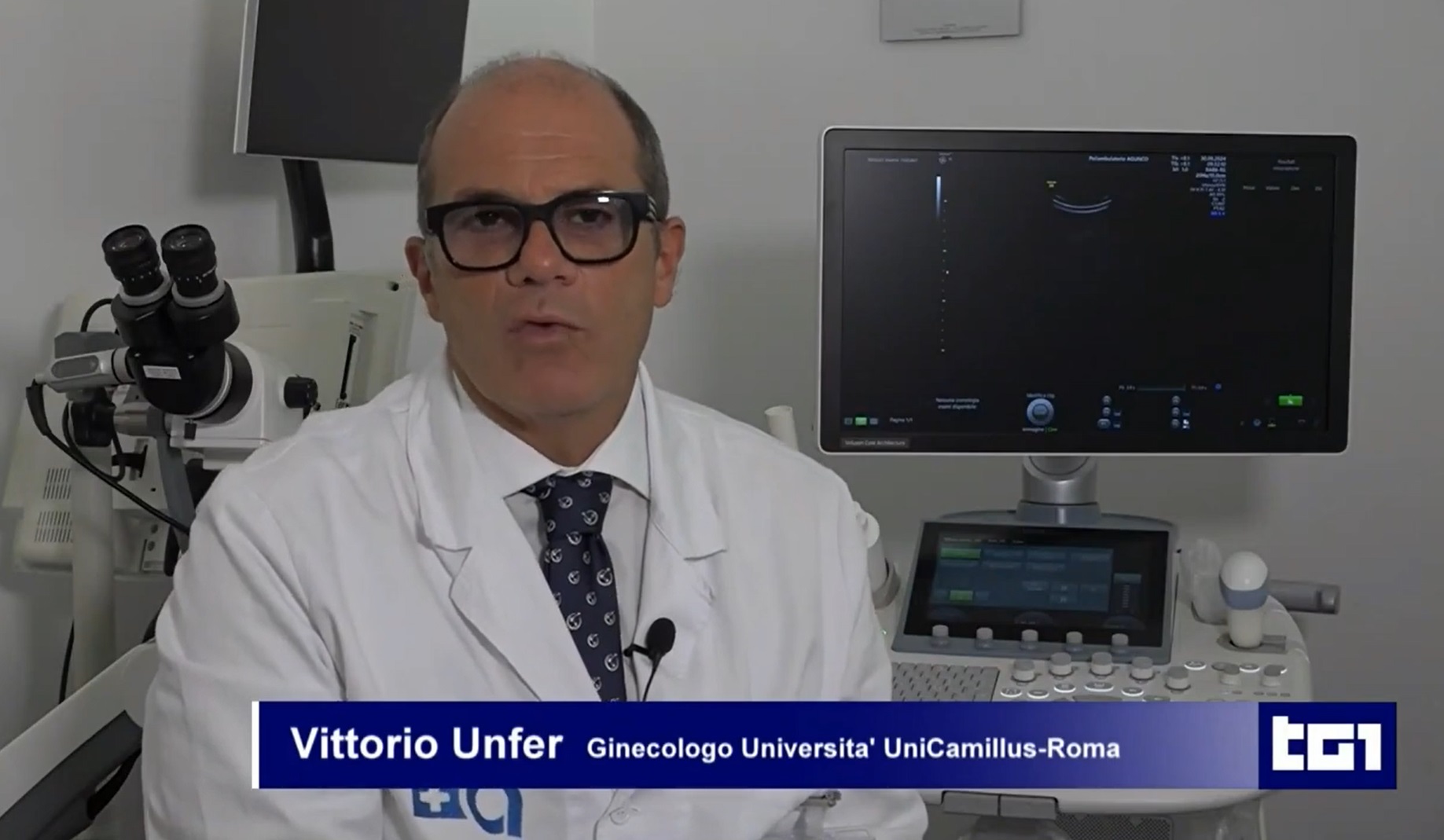Introduction: Progesterone is a hormone of paramount importance in the reproductive physiology. Its multiple physiological roles and pharmacology have been extensively studied throughout the years. However, the use of progesterone in the pathophysiology of pregnancy as well as in its other indications remains arguable for diverse reasons. One of these reasons concerns the fact that there have been few large randomised controlled trials, which are not easily comparable because of the different dosages, populations and routes of administration used. Regarding this last issue, the route of progesterone administration may have a strong influence on the efficacy of the treatment since the distribution and concentration of the hormone at the tissutal level varies considerably.
Objective: To review the literature concerning the efficacy of progesterone in its diverse indications in correlation to the different routes of administration used. Methods: The search strategy included a literature search of PubMed, MEDLINE and the Cochrane Database from 1949 to April 2005, as well as a review of reference lists of identified studies and a hand search of relevant textbooks and reference works. Search terms used included: progesterone, pregnancy, preterm birth, preterm labor, threatened miscarriage, recurrent miscarriage, menopause, contraception, pharmacology, route of administration. Study designs included experimental studies, observational studies, case control studies, reviews, letters, and editorials.
Results: The search on MEDLINE identified approximately 3800 articles. We found only limited literature relating to some of the administration route of progesterone (transnasal, transdermic, sublingual, rectal).
Conclusion: Many routes of progesterone administration have been studied, but the only routes of administration used in the clinical practice are the i.m., oral and vaginal one. Among these options, the intramuscular administration is the only one that ensures adequate and verifiable plasmatic levels of progesterone.
































